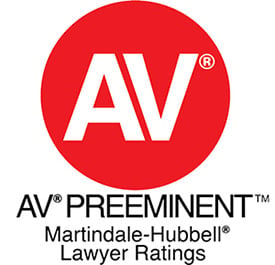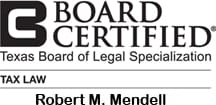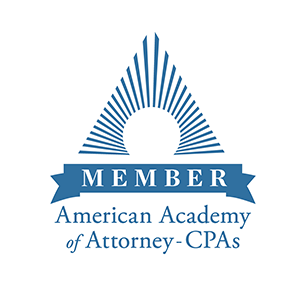Personal Goodwill
As many purchasers of corporate businesses are insistent on purchasing the assets of the business rather than the stock in the corporation, a double taxation situation occurs for the shareholders of a selling C corporation, a tax at the corporate level (without benefit of a lower capital gain tax rate) and another tax at the shareholder level.
A relatively new concept designed to, among other things, eliminate a substantial portion of the double taxation under the right circumstances is to recognize that a large portion of the “goodwill” value of a C corporation is not really goodwill of the corporation, but rather goodwill of the key employee/owner (“personal goodwill”). Accordingly, in the right situation, a large part of the purchase price could be allocated and paid directly to the key employee/owner and treated as the sale of a capital asset, resulting in one level of tax at individual capital gain tax rates. There are two key cases in this area: (i) Martin Ice Cream Company v. Commissioner of Internal Revenue, 110 T.C. 189 (1998) (“Martin Ice Cream“) and (ii) William Norwalk, Transferee, et al v. Commissioner of Internal Revenue, T.C. Memo 1998-279 (“Norwalk“).
In Martin Ice Cream, the Tax Court held that there is no saleable goodwill in a corporation where the business of the corporation depends on its key employees, unless the key employees had entered into a covenant not to compete with the corporation or another agreement whereby their personal relationships with clients become the property of the corporation. In Norwalk, the court held that the shareholder accountants in a liquidating accounting firm realized no taxable income for receipt of corporate goodwill, the goodwill already residing in the individual shareholder accountants absent any covenant not to compete or similar agreement with the accounting firm. But also see two recent contra cases: Larry E. Howard v. U.S., Doc 2010-17126 (E.D. Wash. 2010), personal goodwill not allowed where dentist was subject to a pre-existing covenant not to compete agreement with his wholly owned practice, and James P. Kennedy v. Commissioner, T.C. Memo 2010-206, personal goodwill payments treated as payments for services where seller worked for buyer for several years after the sale of the company.
Also to be considered is the principle that the presence of personal goodwill is presumably determined in a competitive context, not in a retirement context. That is, it appears that the issue is not whether the corporation could continue if the shareholder were to retire and not be active in the same line of business, but rather, it appears that the question is whether the corporation’s business would follow the shareholder if the shareholder engaged in a competitive business.
The percentage of potential dollars of U.S. income tax saved from reallocating each dollar away from corporate goodwill to personal goodwill is 29.7%, assuming a corporate tax rate of 34%, an individual capital gain tax rate of 20%, and nonapplication of the 3.8% Medicare surtax on the sale of personal goodwill (gain on sale of trade or business property exception), computed as follows:
| Scenario One: Sale of Assets, No Personal Goodwill | |
| Sales Proceeds | $1.00 |
| Corporate Tax (21%) | (0.21) |
| Remaining Funds Distributed to Shareholder | 0.79 |
| Individual Dividend Tax (20%) | (0.158) |
| Individual 3.8% Tax on Net Investment Income | (0.03) |
| Remaining Funds for Shareholder After U.S. Income Taxes | $0.602 |
|
|
|
| Scenario Two: Sale of Assets, With Personal Goodwill | |
| Sales Proceeds (Paid to Shareholder for Personal Goodwill) | $1.00 |
| Individual Capital Gain Tax (20%) | (0.20) |
| Remaining Funds for Shareholder After U.S. Income Taxes | $0.80 |
| Difference: $0.80 – $0.602 = $0.198 or 19.8% | |



